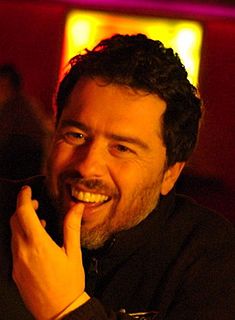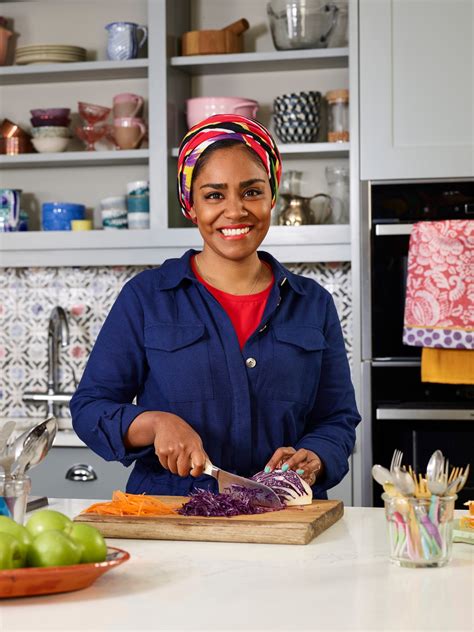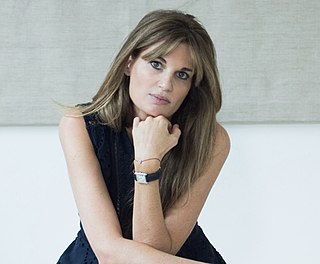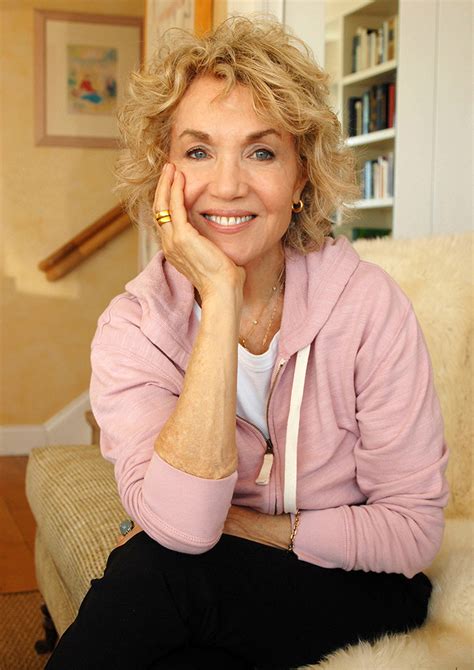A Quote by Jared Harris
Marriages had different meanings back then than they do now, they were used to cement agreements between families, business deals and things like that. The idea of marriages being arranged for love is some sort of modern idea, really.
Related Quotes
There is no denying that unhappiness - even violence - exists in some arranged marriages. Or that some arranged marriages are borne out of cruelty. And part of that six percent global divorce rate can be attributed to the powerful stigma against divorce that's present in countries where arranged marriage is common.
My dad is Chinese, and my mom is a white American, and they married only ten years after the United States Supreme Court ruled that it was illegal to ban mixed marriages. Imagine that. Marriages between people of different races - now common and accepted - were illegal in many states up until the late Sixties.
Some people promote the idea that there can be two marriages, co-existing side by side, one heterosexual and one homosexual, without any adverse consequences. The hard reality is that, as an institution, marriage like all other institutions can only have one definition without changing the very character of the institution. Hence there can be no coexistence of two marriages.
Married women are far more depressed than married men - in unhappy marriages, three times more; and - interestingly - in happy marriages, five times more. In truth, it is men who are thriving in marriage, now as always, and who show symptoms of psychological and physical distress outside it. Not only their emotional well-being but their very lives, some studies say, depend on being married!
I think another [myth] is that some marriages are just hopeless. This is a common thing I hear from people, "Well, I just think there are some marriages that are hopeless, Dr. Chapman, don't you agree with that?" I say I understand the feeling, but the fact is that there are no marriages that are hopeless.
The usual marriage in traditional cultures was arranged for by the families. It wasn't a person-to-person decision at all. . . . In the Middle Ages, that was the kind of marriage that was sanctified by the Church. And so the troubadour idea of real person-to-person Amor was very dangerous. . . . It is in direct contradiction to the way of the Church. The word AMOR spelt backwards is ROMA, the Roman Catholic Church, which was justifying marriages that were simply political and social in their character. And so came this movement validating individual choice, what I call following your bliss.
A text makes the word more specific. It really kind of defines it within the context in which it is being used. If it is just taken out of a context and presented as a sort of object, which is what - you know, which is a contemporary art idea, you know. It is like an old surrealist idea or an old cubist idea to take something out of context and put it in a completely different context. And it sort of gives it a different meaning and creates another world, another kind of world in which we enter.




































